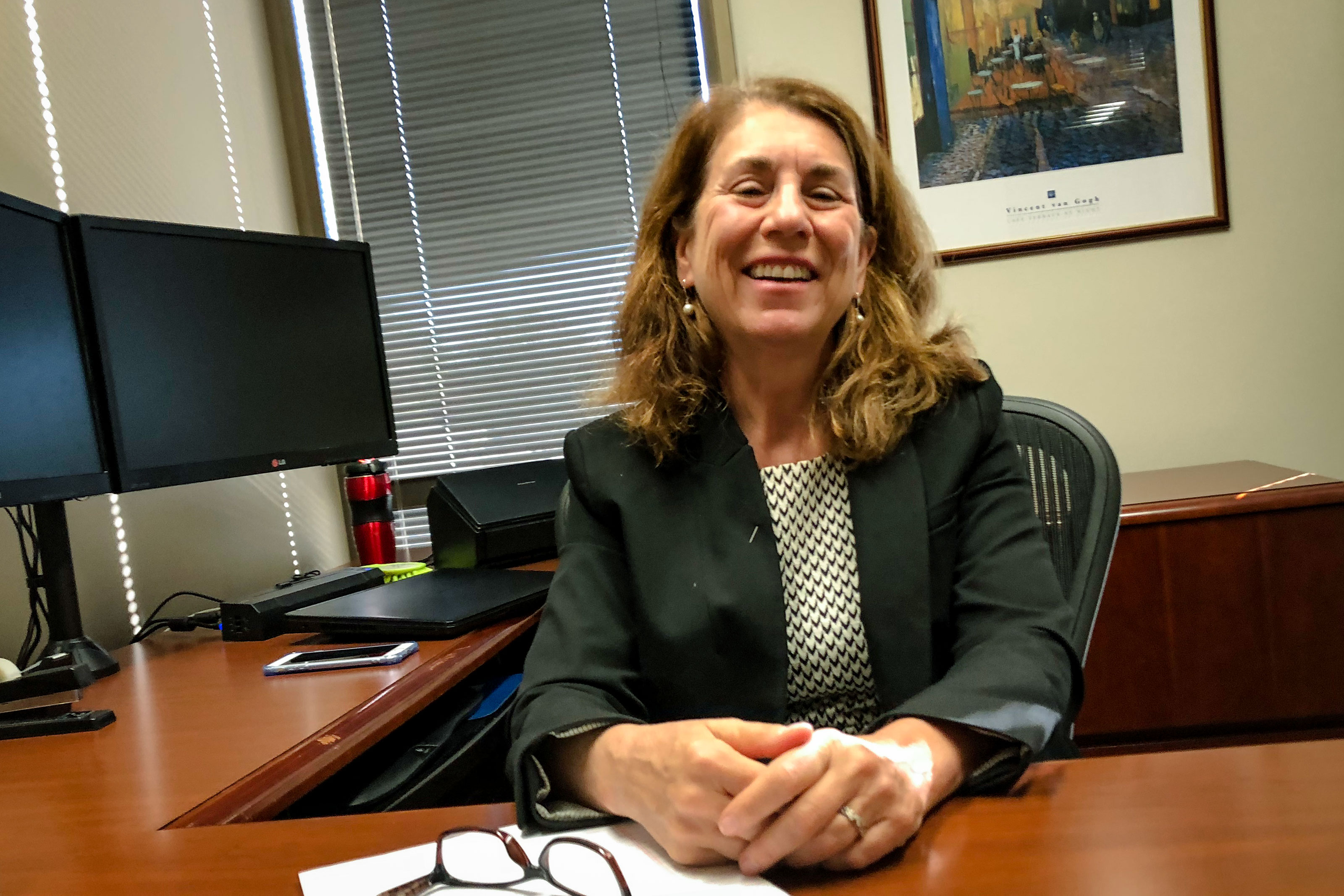

The GOP tax bill passed just days before the end of 2017. For Denver CPA Trisha O’Conner the timing was awful. Just a few short weeks later she had clients wondering how the changes would affect them.
“They don’t pass legislation and download it into me like I’m a cyborg,” O’Conner says. “I have to learn it.”
Now that she’s had time to digest the new tax law, one thing that’s struck her is how radically different every individual tax filer’s situation is. There are few common denominators for groups of workers or businesses.
The Tax Cuts and Jobs Act is the most significant rewrite of the tax code since the 1980’s. Taxes on corporations and individuals were broadly lowered, but the bill was fast-tracked through Congress, leaving the IRS with the hard work of interpreting and filling in details. That makes advising clients … a challenge.
“We are what? 10 months in now?” O’Conner says. “We’re still learning about the Section 199a and how to put it into practice.”
The devil, of course, is in the details. Section 199a is the Qualified Business Income Deduction and it favors certain professions over others.
Sorry, lawyers and accountants. Hooray, engineers and architects.
The rub is that it’s still not totally clear what counts as qualified income. What if you have multiple businesses? That murky situation, and the speed of the changes, led many of O’Conner’s older CPA friends to quit, she says. That’s part of the reason it’s getting harder to find CPA’s to prepare taxes, outside of the big chains like H&R Block.
“They decided that it wasn’t worth it to learn the new tax code for somewhere between three and five years of practicing,” O’Conner says.
For their part, accountant advocates like Ed Karl, with the American Institute of CPAs, say “the need for guidance is immense” and the IRS must fill in more details and fast.
When Karl worked preparing taxes, he says, it took years to figure out all the details of the Reagan tax cuts back in the 1980s. He agrees many older CPA’s are calling it quits rather than learning a brand new tax code, but that opens up a chance for others.
“Because it’s new and there aren’t noted experts yet, so there are huge opportunities,” he says.

Accountants like Mary Gallagher have embraced the challenge. She picked up new clients from retiring CPAs.
As she poured over the details of the new code she noticed something: the new tax law could be bad for charities. The standard deduction is higher, which means many individuals will no longer benefit from itemizing their deductions, and therefore won’t get a tax benefit for donating to charity.
“I hate to see the charities suffer,” Gallagher says. “But I don’t know how many people make charitable contributions because they’re going to get a deduction, and how many people just do it because they believe in the charity, so, hopefully, the charities won’t be hurt as much.”
There’s one other issue keeping accountants up at night. Many taxpayers could end up owing the IRS more money in April than they realize. Because of changes to withholding tables, many people are getting a tax cut in a small increase to each paycheck, but that means they may end up either owing or not getting as big a refund as usual.
“You’re expecting a refund, because in your mind this tax legislation has been sold that it is tax savings,” O’Conner says. “What you didn’t connect with, was you’ve been getting it all year long, you didn’t pay attention to that fact that your net check was just higher, now we’re going to hand you a tax bill and everyone’s going to be surprised.”
O’Conner has done the math, and many of her clients will probably end up owing more than they realized. For some big clients that’s 10’s of thousands more. If you’re curious about your individual withholding situation, the IRS provides a calculator to help you learn more.
Either way, O’Conner says there’s still time to prepare yourself, even if the CPA’s may not have all the answers right now.







